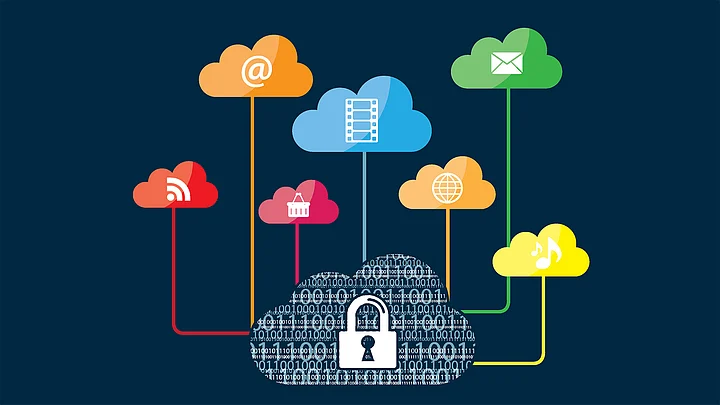At a time when security has become the foremost concern in browsing or sharing data online,
people in India are progressively turning to virtual private network (VPN) services for anonymous
and safe Internet experience.
A VPN generates a secure network connection over a shared network such as Internet or a private network owned by a service provider. According to cyber security experts and analysts, there has been a distinct increase in the use of VPNs for voice, video and data in India and more and more Indians want to access banned content while staying away from the preying eyes of surveilling agencies. But are the VPNs really secure?
You’re Being Watched
“Nothing in the world is completely safe as there is nothing called absolute security. However, VPNs promise far better security thanks to their high-end, top-of-the-line encryption,” says Pavan Duggal, one of the nation’s top cyber law experts.
According to Thomas George, senior vice president and head of CyberMedia Research (CMR), one of the grey areas of such private networks is that when deployed with wireless devices, it may raise some security challenges.
“Users turn out to be vulnerable when they roam across access points,” George, who has been witnessing a rise in the VPN usage in India, told IANS.
While VPNs do not allow internet service providers to track what their clients are browsing, the VPN proxy service keeps track of a user’s browsing details.
The Not-so-Safe World of Internet
“The flipside is that you need to be aware of the local laws of a country where you are accessing a website,” explains George. Some VPN providers, though, say the fear of data being tracked is misplaced.
Apart from NordVPN, the top VPN players in India - including ExpressVPN, TorGuard, IVPN and Private Internet Access (PIA) – offer their services in the range from $6-$15 (approximately Rs.400-Rs.1,000) per month.
“We have seen a sharp increase in customer inquiries from India since the global video streaming giant Netflix began its VPN crackdown,” says Kamden.
Netflix, which recently started providing subscription-based access to movies and TV shows, has seen some of its shows in the US – which are not available in India – being accessed from India.
Beware the Laws
Although VPN may be the answer to bypassing restrictions imposed by many organisations to particular websites, the legal framework on restricting the usage of VPNs in India is unclear, states George.
The penalty for non-compliance is severe. Duggal said that by virtue of section 69C, any violation of the provisions of the IT Act, 2000, can attract imprisonment for a term of up to three years and a fine.
“All stakeholders must, therefore, take into consideration the pros and cons, including drawbacks, before determining how they want to adopt, use and implement a particular technology,” Duggal emphasises.
VPNs may appear to be the answer to total internet access, but they do not come without riders.
(This article has been published as part of a special arrangement with IANS.)
